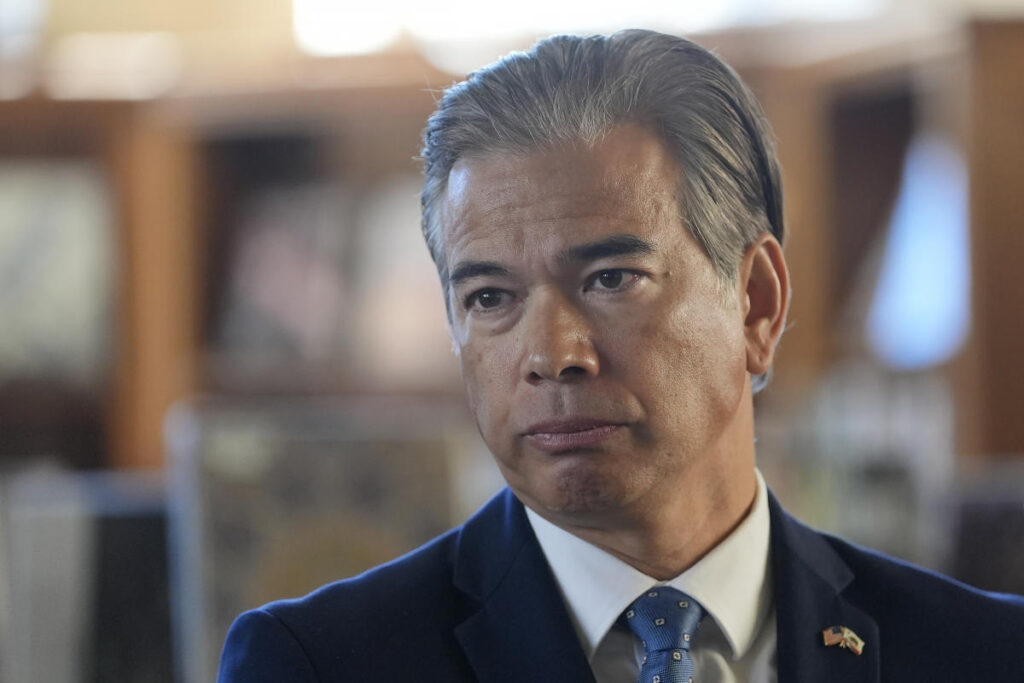The State of California is considering a groundbreaking bill that could position it as the first U.S. state to mandate mental health warning labels on social media platforms. Introduced by state Attorney General Rob Bonta, the legislation aims to prioritize the safety of children who increasingly engage with these online platforms. This initiative has received significant bipartisan support from numerous attorneys general, particularly following U.S. Surgeon General Vivek Murthy’s urging for Congress to implement such requirements. Murthy identified social media as a contributing factor to the mental health crisis affecting youth, prompting calls for more transparency and protective measures from tech companies. Bonta emphasized the necessity of this bill by asserting that these companies are well aware of the detrimental effects their platforms can have on children, yet have failed to adopt effective safety measures.
Details regarding the specifics of the bill remain sparse; however, Bonta suggested that the warning labels could appear to users weekly. A staggering statistic from the Pew Research Center revealed that up to 95% of youth aged between 13 to 17 regularly use social media, with over a third indicating they are online “almost constantly.” In this context, parallels can be drawn with Australia, which recently enacted a law to prevent children under 16 from accessing social media. California is increasingly positioning itself as a leader in safeguarding children online, with lawmakers like Assemblymember Rebecca Bauer-Kahan underscoring the need to recognize social media’s impact as a business model that commodifies children’s attention and well-being for profit.
Opposition to this measure has emerged from the tech industry, with critics arguing that these warning label proposals infringe upon First Amendment rights and may be deemed constitutionally unsound in the courts. Todd O’Boyle, a vice president at the industry advocacy group Chamber of Progress, noted skepticism regarding the enforceability of the legislation, predicting that it could be classified as compelled speech. This friction between tech industry representatives and state lawmakers signals the complexity of navigating free speech concerns while striving to implement protective measures for youth online.
The issue of social media’s psychological impact has gained immediate prominence due to heartbreaking personal stories. For instance, Victoria Hinks shared a poignant account of her 16-year-old daughter, Alexandra, who tragically died by suicide after being influenced by harmful content on social media. Hinks asserted that warning labels would be fundamental in safeguarding children by holding companies accountable for the mental health repercussions associated with their platforms. Her testimony highlighted the urgent need for action, giving an emotional face to the broader narrative surrounding social media addiction and its ramifications on mental health.
Organizations like Common Sense Media, which supports the legislation, intend to promote similar initiatives across other states, reflecting a growing national momentum for addressing online safety for children. Over the past decade, California has consistently taken steps to regulate tech companies, implementing laws aimed at minimizing the exposure of children to harmful online practices. The state’s commitment to online safety has been demonstrated through previous actions, such as a 2022 law that restricted online platforms from utilizing users’ data in ways that could be detrimental to children. Additionally, major lawsuits against platforms like Meta and TikTok further illustrate California’s proactive stance in this ongoing battle for child safety online.
At the federal level, lawmakers are gradually beginning to address the complexities of child safety in the digital landscape, fostering discussions and proposing legislation aimed at compelling companies to mitigate risks associated with their platforms. This legislative endeavor has garnered support from notable figures, including Elon Musk and Donald Trump Jr., highlighting the urgency and bipartisan interest in reassessing regulations around online interactions for youth. However, it is important to note that the last significant law designed to protect children online was enacted in 1998, long before the advent of many current social media platforms, suggesting that the framework governing online safety requires a comprehensive reevaluation to effectively safeguard children in today’s digital age.

